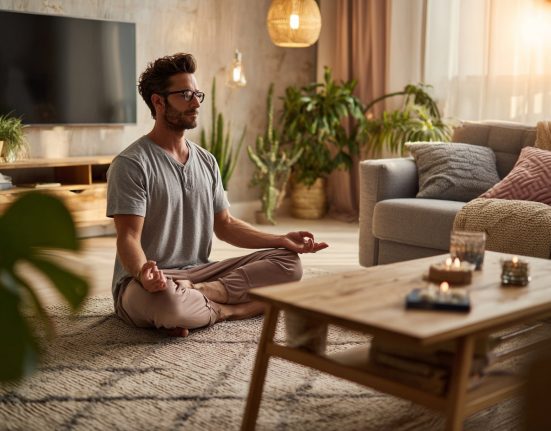Prioritising sleep is not just a luxury—it’s a necessity for overall wellbeing. Start incorporating these tips into your daily routine and enjoy the benefits of a peaceful and restorative night’s sleep.
Quality sleep has become a luxury these days that many overlook. While the occasional sleepless night is normal, consistently poor sleep can take a toll on your health, mood, and overall well-being. Good sleep hygiene is essential for ensuring restful nights and energetic days. But what exactly is sleep hygiene? It refers to the habits and practices that promote regular, high-quality sleep.
Here are some essential tips to help you establish and maintain healthy sleep hygiene:
1. Create a consistent sleep schedule
One of the most effective ways to improve your sleep hygiene is by maintaining a regular sleep-wake cycle. Going to bed and waking up at the same time every day helps regulate your body’s internal clock, also known as the circadian rhythm. This rhythm dictates when you feel sleepy and when you’re most alert. Even on weekends, sticking to the same schedule will make it easier for you to fall asleep and wake up refreshed.
2. Optimise your bedroom environment
Your bedroom should be a sanctuary dedicated to sleep and relaxation. To create an ideal sleep environment, consider the following:
- Keep it cool: A room temperature between 15-19°C is generally considered ideal for sleep. Cooler temperatures help your body to naturally wind down for rest.
- Limit noise: Reduce noise disturbances with soundproofing, earplugs, or white noise machines.
- Control light exposure: Make your room as dark as possible by using blackout curtains or an eye mask to block out light. This encourages the production of melatonin, the hormone responsible for regulating sleep.
- Invest in a quality mattress and pillows: Ensure your bedding is comfortable and supportive to prevent discomfort or back pain that can disrupt your sleep.
3. Establish a relaxing bedtime routine
Creating a calming pre-sleep routine signals to your body that it’s time to unwind and prepare for rest. This routine should start at least 30 minutes before bed and can include activities such as: taking a warm bath or shower, reading a book, practising relaxation exercises like deep breathing or meditation, listening to soothing music.
Avoid stimulating activities such as checking work emails, watching intense TV shows, or scrolling through social media, as these can keep your mind too active for sleep.
4. Limit caffeine and alcohol intake
Both caffeine and alcohol can interfere with your sleep quality. While caffeine is a known stimulant that can keep you awake, alcohol might make you feel drowsy initially but can disrupt your sleep cycle later in the night. To promote better sleep, try to avoid caffeine consumption in the late afternoon and evening. Similarly, limit alcohol intake close to bedtime to prevent interruptions to your sleep patterns.
5. Be mindful of screen time
Electronic devices such as smartphones, tablets, and computers emit blue light, which can suppress melatonin production and interfere with your ability to fall asleep. For optimal sleep hygiene, limit your screen time for at least an hour before bed. If avoiding screens isn’t possible, consider using a blue light filter or wearing blue light-blocking glasses in the evening.
6. Watch what you eat before bed
Your diet can have a direct impact on the quality of your sleep. While a heavy meal right before bed can lead to discomfort and indigestion, going to bed hungry can also disrupt your rest. For a balanced approach, try eating a light snack before bed, such as yoghurt or a banana, which can help promote better sleep without overwhelming your digestive system.








